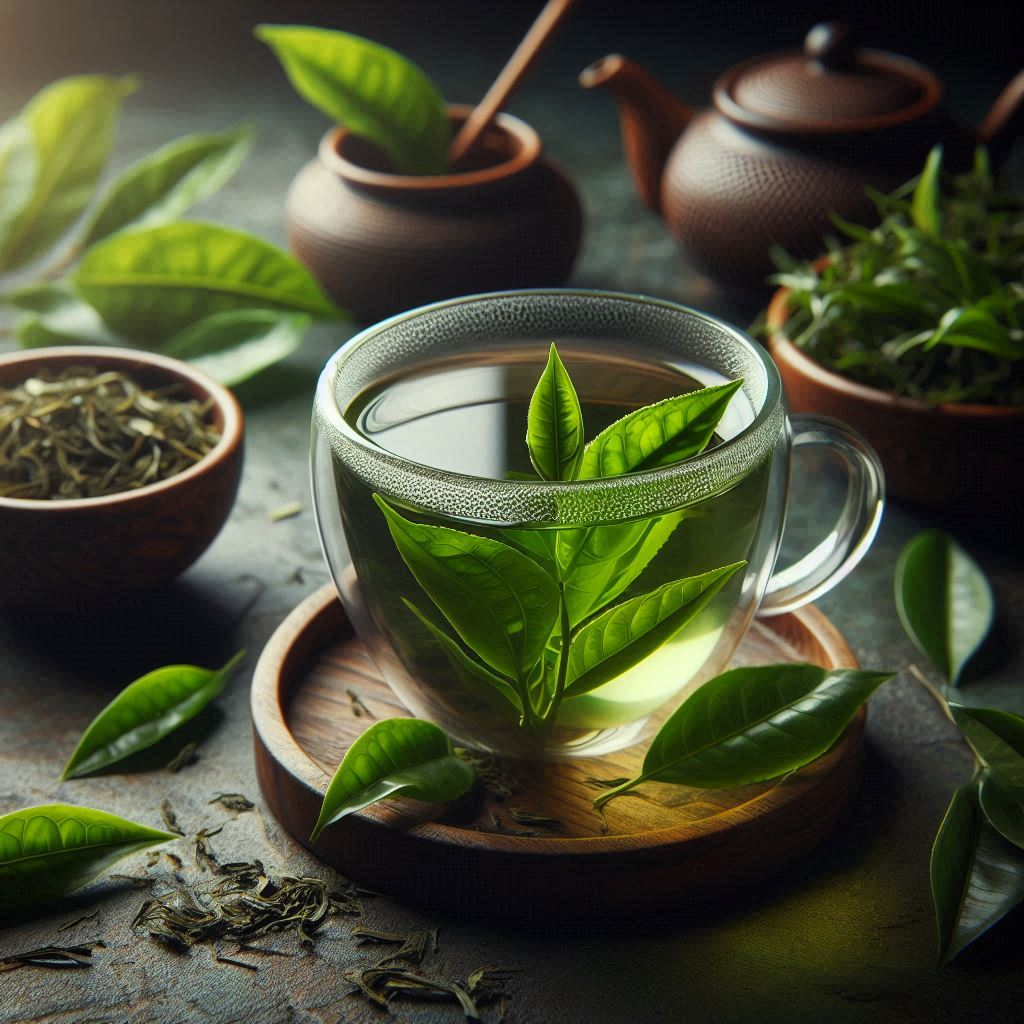
Most Effective Ways to Prevent Viral Fever & Diet management
Preventing viral fevers and managing them effectively through diet involves a combination of good hygiene practices, healthy lifestyle choices, and appropriate nutritional strategies. Here’s a comprehensive guide:
Preventing Viral Fever
- Good Hygiene Practices:
- Hand Washing: Regularly wash your hands with soap and water for at least 20 seconds, especially before eating or touching your face.
- Avoid Touching Your Face: Viruses often enter through the mouth, nose, and eyes.
- Avoid Close Contact: Stay away from people who are sick or exhibiting symptoms of illness.
- Use Sanitizers: If soap and water are not available, use hand sanitizers with at least 60% alcohol.
- Clean and Disinfect: Regularly clean and disinfect frequently-touched surfaces like doorknobs, light switches, and phones.
- Healthy Lifestyle Choices:
- Stay Hydrated: Drink plenty of water to help your immune system function optimally.
- Get Adequate Sleep: Aim for 7-9 hours of sleep per night to support overall health and immunity.
- Exercise Regularly: Exercise regularly to strengthen your immune system.
- Manage Stress: High stress levels can weaken your immune system, so practice stress-relief techniques like meditation or yoga.
- Vaccinations:
- Get Vaccinated: Adhere to Vaccination Recommendations: Maintain compliance with the recommended vaccination schedule, including seasonal influenza vaccines and other vaccinations tailored to your health status and travel itinerary.
- Healthy Environment:
- Ventilation: Ensure good ventilation in your home or workplace to reduce the concentration of airborne viruses.
- Avoid Sharing Personal Items: Avoid sharing utensils, towels, or other personal items that can spread infections.


Diet Management for Viral Fever
- Stay Hydrated:
- Fluids: Drink plenty of fluids such as water, herbal teas, and broths. Staying hydrated is like a secret weapon against fever and dehydration.
- Electrolytes: Consider beverages that contain electrolytes if you experience significant fluid loss.
- Balanced Diet:
- Fruits and Vegetables: Incorporate a variety of fruits and vegetables, which are rich in vitamins and antioxidants. Citrus fruits, berries, and leafy greens are especially beneficial.
- Lean Proteins: Incorporate lean proteins such as chicken, fish, and legumes into your diet to support immune function and aid in recovery.
- Whole Grains: Opt for whole grains such as brown rice, oats, and quinoa to provide sustained energy and contribute to your overall well-being.
- Specific Nutrients:
- Vitamin C: Vitamin C is found in citrus fruits, strawberries, bell peppers, and broccoli.. It supports immune function.
- Vitamin A: Get your dose from sweet potatoes, carrots, and spinach. It helps maintain mucosal surfaces.
- Zinc: Found in meat, shellfish, legumes, and seeds. It is crucial for immune cell function.
- Probiotics: Probiotics, found in yogurt and fermented foods, contribute to maintaining a healthy gut microbiome, which is crucial for overall immune function.
- Comfort Foods:
- Broths and Soups: Clear broths and soups can be soothing and help with hydration. They are also easy on the stomach if you have a reduced appetite.
- Herbal Teas: Herbal teas like ginger or chamomile can have soothing effects and may help reduce symptoms like sore throat.
- Foods to Avoid:
- Sugary Foods: Consuming excessive amounts of sugary foods can impair immune function and contribute to inflammation.
- Fried and Fatty Foods: These can be hard to digest and may exacerbate nausea or upset stomach.
- Caffeine and Alcohol: These can contribute to dehydration and may interfere with your recovery.











